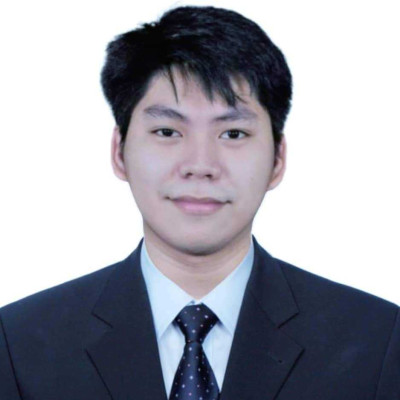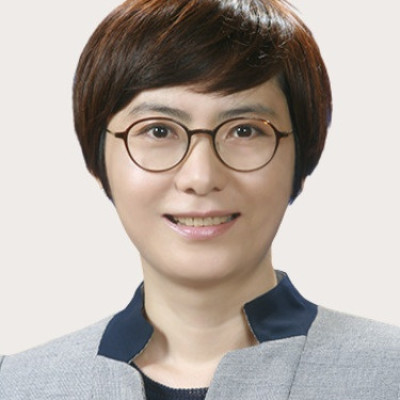Presentation
The Relationship Between GenAI Literacy and English Language Learning Motivation in Japan
This study investigates the relationship between Generative AI (GenAI) literacy and English language learning motivation (ELLM) among Japanese high school students. The integration of GenAI tools, such as ChatGPT, into language education has shown potential to personalize and enrich the learning experience (Kohnke et al., 2025). While Japan has long faced challenges in fostering communicative competence in English (Wilkins & Peet, 2024), recent research continues to highlight motivation as a key factor influencing language learning outcomes (Taguchi, 2025). In classroom settings where instruction often emphasizes grammar and vocabulary over communicative use, GenAI may offer new opportunities to position English as a meaningful communication tool (Huang & Mizumoto, 2024; Moybeka et al., 2023; Wang & Xue, 2024). This study hypothesizes that GenAI literacy (GAIL)—defined across dimensions of awareness, usage, evaluation, and ethics—affects students’ ELLM, including intrinsic motivation, introjected regulation, and external regulation. Using a survey comprising two instruments—the GenAI Literacy (GAIL) Scale and the English Language Learning Motivation (ELLM) Scale—the study collected data from 200 Japanese high school students. Regression and multiple regression analyses were conducted to examine the relationships between variables. The findings aim to provide insights into the role of GenAI literacy in enhancing motivation and informing effective AI-integrated language instruction. This study hopes to contribute to the growing discourse on AI in education, offering actionable recommendations for ethical and motivationally supportive GenAI integration in English language classrooms.
-

Marge Joseph Sardo is an Assistant Language Teacher at Tokyo Metropolitan Chihaya High School under the Japan Exchange and Teaching (JET) Programme.
-

Dr. Hyunkyung Lee is a Professor and University Research Fellow at Far Eastern University (FEU), where she leads initiatives in Educational Technology and digital innovation. Formerly a faculty member at Yonsei University in South Korea, she has collaborated with global organizations to develop cutting-edge EdTech solutions tailored to diverse educational settings. Her research focuses on AI-assisted learning, reflective practice in teacher education, and the integration of digital technologies to improve teaching effectiveness and learning outcomes. She currently leads a university-wide Digital Transformation initiative, shaping strategic innovation across its network of schools.